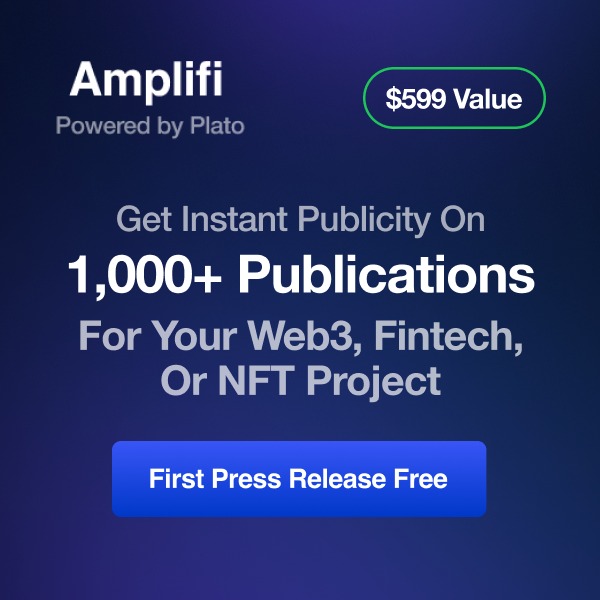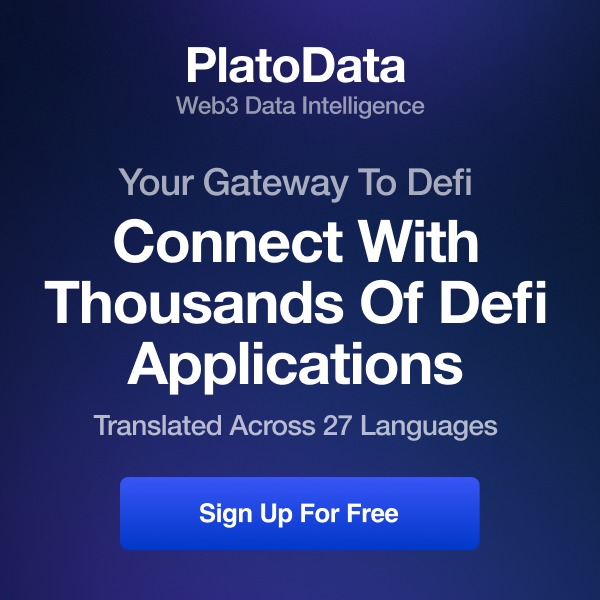Tag: Quantum Journal
Divide-and-conquer verification method for noisy intermediate-scale quantum computation
Yuki Takeuchi1, Yasuhiro Takahashi1,2, Tomoyuki Morimae3, and Seiichiro Tani1,41NTT Communication Science Laboratories, NTT Corporation, 3-1 Morinosato Wakamiya, Atsugi, Kanagawa 243-0198, Japan2Faculty of Informatics, Gunma...
Bounds on approximating Max $k$XOR with quantum and classical local algorithms
Kunal Marwaha1,2,3,4 and Stuart Hadfield1,21Quantum Artificial Intelligence Laboratory (QuAIL), NASA Ames Research Center, Moffett Field, CA2USRA Research Institute for Advanced Computer Science (RIACS), Mountain...
Platonic Bell inequalities for all dimensions
Károly F. Pál1 and Tamás Vértesi21Institute for Nuclear Research, P. O. Box 51, H-4001 Debrecen, Hungary2MTA Atomki Lendület Quantum Correlations Research Group, Institute for...
Constant gap between conventional strategies and those based on C*-dynamics for self-embezzlement
Richard Cleve1, Benoit Collins2, Li Liu1, and Vern Paulsen31Institute for Quantum Computing and Cheriton School of Computer Science, University of Waterloo, Canada.2Department of Mathematics,...
An improved quantum-inspired algorithm for linear regression
András Gilyén1, Zhao Song2, and Ewin Tang31Alfréd Rényi Institute of Mathematics2Adobe Research3University of WashingtonFind this paper interesting or want to discuss? Scite or leave...
A game of quantum advantage: linking verification and simulation
Daniel Stilck França1,2 and Raul Garcia-Patron31QMATH, Department of Mathematical Sciences, University of Copenhagen, Denmark2Univ Lyon, ENS Lyon, UCBL, CNRS, Inria, LIP, F-69342, Lyon Cedex...
Quantum advantage using high-dimensional twisted photons as quantum finite automata
Stephen Z. D. Plachta1,2, Markus Hiekkamäki1, Abuzer Yakaryılmaz3,4, and Robert Fickler11Tampere University, Photonics Laboratory, Physics Unit, Tampere, FI-33720, Finland2Institute for Quantum Optics and Quantum...
Classical simulations of communication channels
Péter E. FrenkelEötvös Loránd University, Pázmány Péter sétány 1/C, Budapest, 1117 HungaryRényi Institute, Budapest, Reáltanoda u. 13-15, 1053 HungaryFind this paper interesting or want...
Quantum scattering as a work source
Samuel L. Jacob1,2, Massimiliano Esposito1,2, Juan M. R. Parrondo3, and Felipe Barra4,21Complex Systems and Statistical Mechanics, Physics and Materials Science Research Unit, University of...
Multi-armed quantum bandits: Exploration versus exploitation when learning properties of quantum states
Josep Lumbreras1, Erkka Haapasalo1, and Marco Tomamichel1,21Centre for Quantum Technologies, National University of Singapore, Singapore2Department of Electrical and Computer Engineering, Faculty of Engineering, National...
Does causal dynamics imply local interactions?
Zoltán Zimborás1,2,3, Terry Farrelly4,5, Szilárd Farkas1, and Lluis Masanes6,71Wigner Research Centre for Physics, H-1121, Budapest, Hungary2MTA-BME Lendület Quantum Information Theory Research Group, Budapest, Hungary3Mathematical...
Deep Reinforcement Learning for Quantum State Preparation with Weak Nonlinear Measurements
Riccardo Porotti1,2, Antoine Essig3, Benjamin Huard3, and Florian Marquardt1,21Max Planck Institute for the Science of Light, Erlangen, Germany2Department of Physics, Friedrich-Alexander Universität Erlangen-Nürnberg, Germany3Univ...




